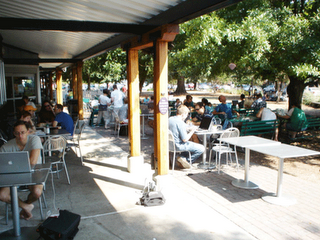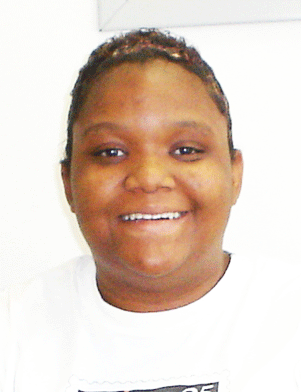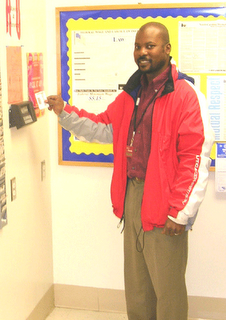
Caramore is a unique and valuable model for people trying to get back on their feet. We’re unmatched in the comprehensiveness of services we provide and the extent to which we provide them.
Four practical services:
1. Transportation: for the duration of the program, we make sure you get to wherever you need to go—whether it be employment, medical visits, or personal. You will never miss an appointment, interview, or day of work because of lack of transportation.
However, this pledge does not mean you are chauffeured the whole time; although we do have many company vehicles, you will also be expected to ride the free Carrboro/Chapel Hill buses, occasionally pay for transportation (off-hours bus trips, taxis if necessary) and—if it is one of your goals—be saving for your own car. We help you become self-reliant and a specialist in getting yourself around.
2. Housing: We have two group homes, numerous supervised apartments, and a growing number of our Tier 3 Project apartments. You will have an affordable place to live. If you chose to live away from us, we’ll counsel you on Section 8 and the rental market in the area. We help you set up utilities and move your things.
3. Money: We help you become aware of your budget. We help you save. We make you aware of how your Social Security benefits are impacted by your income. We help you get back on your feet financially and help you stay on course for saving goals (for cars, debt repayments, etc.), and paying for rent and utilities.
4. Employment: One of the most frustrating parts of trying to get a job is not knowing anyone and not having any connections or not even knowing where to start. Jobs are about connections—knowing somebody. Our Job Counselors already have years-long relationships with employers. We are trusted and respected. We operate like an employment service. When you come to Caramore, and are job-ready, you immediately are vouched for—you’re connected and trusted and have one foot in the door to a job.
We also will prepare you for the job and assist you in getting what you need to do the job and we’ll be around to help you keep the job. Minor problems that could lead to being fired may be easily solved by consulting with us—we’re your advocate all the time.
Not only do we provide support for these four essential and practical elements life, the reason we are unmatched in providing these services to the mentally ill, is our level of dedication to your success. We don’t think you’ll find many agencies doing as much, and to the extent, that we do it. You cannot lose and your life will improve while at Caramore.
D. Cooley








